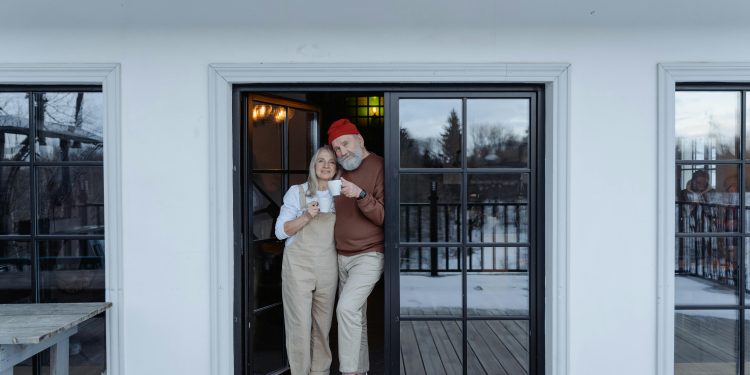DALLAS, TX — The Dallas City Council has approved a significant increase to its property tax exemption for homeowners aged 65 and older or those with disabilities. Effective for the 2025 tax year, the exemption will rise from $153,400 to $175,000, reducing the taxable value of qualifying residents’ primary homes for city tax purposes.
City Manager Kimberly Bizor Tolbert praised the move: “We are proud to support our older and disabled residents with this increase… This exemption helps Dallas homeowners stay in their homes as they age.”
Why It Matters
Eligible homeowners who receive both the 20% general homestead exemption and the new senior/disabled exemption will pay no city taxes on homes valued up to $218,750. The measure applies to all homes where residents qualify under Social Security disability or by age, including surviving spouses aged 55+ of former recipients.
Texas-Wide Context
Dallas isn’t alone in raising exemptions—property tax relief has been a growing trend across the state. In 2023, the City had already boosted its extra exemption from $115,500 to $139,400. Neighboring cities have followed suit:
- Fort Worth doubled its extra exemption—from $40,000 to $80,000, though it still trails behind Dallas, Houston, Austin, and San Antonio
- Austin’s City Council is considering increasing its city homestead exemption to the maximum 20% allowed
On the state level, the Texas Senate has moved forward with SB 4 to raise the general homestead exemption from $100,000 to $140,000—and $200,000 for seniors and disabled homeowners—pending House and voter approval in November.
A Historic Trend
Exemptions have steadily increased in recent years. Dallas began at $64,000 in 2017, progressing to $90,000 (2017), $100,000 (2019), $107,000 (2021), $115,500 (2022), and $139,400 (2023) This latest bump continues that pattern, offering more predictable relief amid rising property values.
What Residents Should Know
- No re-application is necessary for current recipients—the new exemption applies automatically.
- New applicants must file with their county appraisal district; this exemption transfers to surviving spouses under specified conditions.
Impacts and Considerations
- For seniors and disabled homeowners: Increased financial stability and potentially significant savings, especially valuable on fixed incomes.
- For city finances: The expanded exemption reduces revenue; however, it supports housing retention and community stability.
- For taxpayers overall: While homeowners benefit, the revenue gap may ripple into broader budgeting decisions.
Looking Ahead
Texas is poised for a major statewide shift: if SB 4 and SB 23 pass and receive voter backing this November, seniors and disabled homeowners statewide could receive up to $200,000 in homestead exemptions—a move that may significantly reshape residential tax landscapes
How to Learn More
- Dallas residents should contact their county appraisal districts:
• Dallas https://www.dallascad.org
• Collin https://collincad.org
• Denton https://www.dentoncad.com/ - More information is available through the city’s Financial Transparency portal.
This enhanced property tax relief reflects Dallas’s ongoing commitment to supporting vulnerable residents amid widening housing cost pressures.






